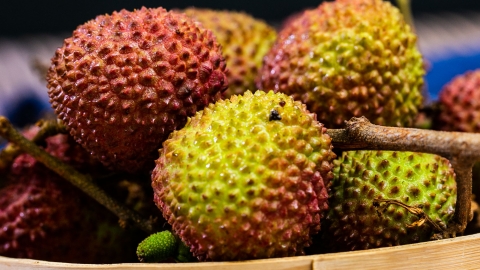Can I eat lychee after a cesarean section?
Caesarean section, also known as cesarean delivery. Generally speaking, whether one can eat lychee after a cesarean section depends on the stage of postoperative recovery and overall health condition. It is acceptable to consume lychee in moderation when gastrointestinal function has recovered and blood sugar levels are normal. However, it is not recommended when gastrointestinal function has not yet recovered or when blood sugar levels are elevated. Detailed analysis is as follows:

After cesarean delivery, if flatus has resumed and gastrointestinal function is gradually recovering, moderate consumption of lychee can supplement glucose, vitamins, and other nutrients, helping the body recover energy. Lychee is warm in nature, and moderate intake can promote blood circulation. Its nutritional components are also somewhat beneficial for wound healing. Under controlled intake, it does not burden the gastrointestinal tract during the postpartum period and is suitable as a nutritional supplement during recovery.
In the early days following a cesarean section, gastrointestinal function has not fully recovered. Eating lychee at this time may cause indigestion and lead to discomfort such as abdominal distension and pain. If the mother has abnormal blood sugar levels or gestational diabetes, the high sugar content in lychees may cause blood sugar fluctuations, affecting wound healing and the recovery process. Additionally, mothers allergic to lychee may experience allergic reactions such as rashes and itching after consumption. In such cases, lychee must be strictly avoided.
Mothers should wait until gastrointestinal function recovers before consuming lychee after a cesarean section. It is recommended to consume no more than 5-8 lychees per day. Fresh, room-temperature fruits should be chosen, and lychee should not be eaten on an empty stomach. Consumption should be stopped immediately if digestive discomfort or elevated blood sugar occurs. The daily diet should include protein- and dietary fiber-rich foods such as eggs and vegetables to support postpartum recovery.







